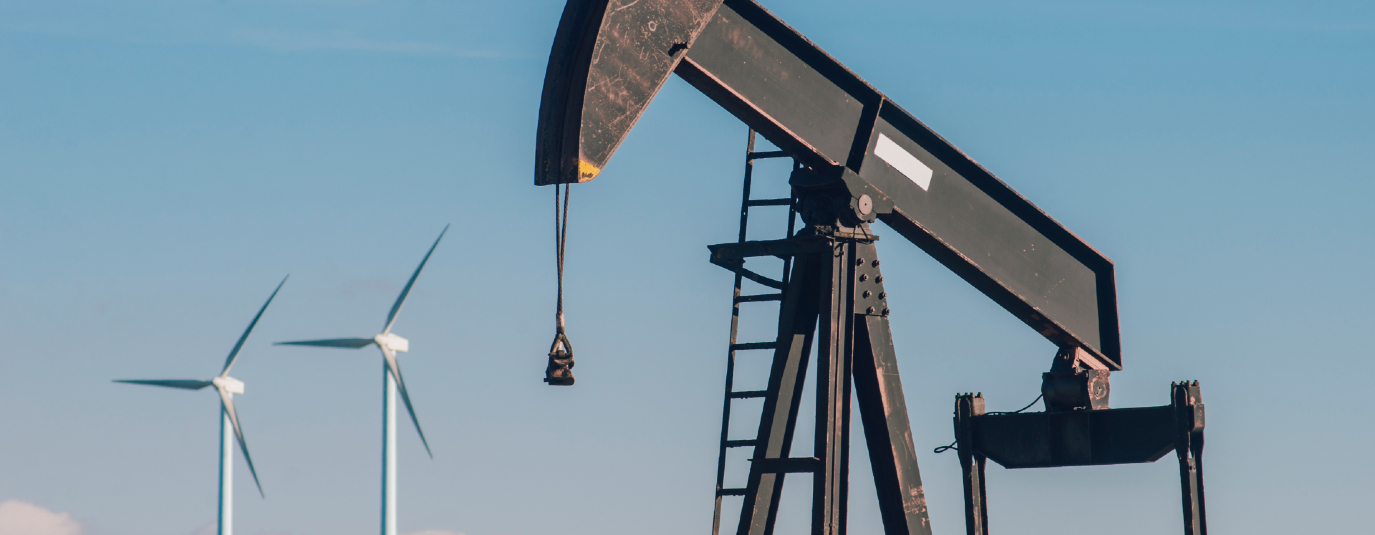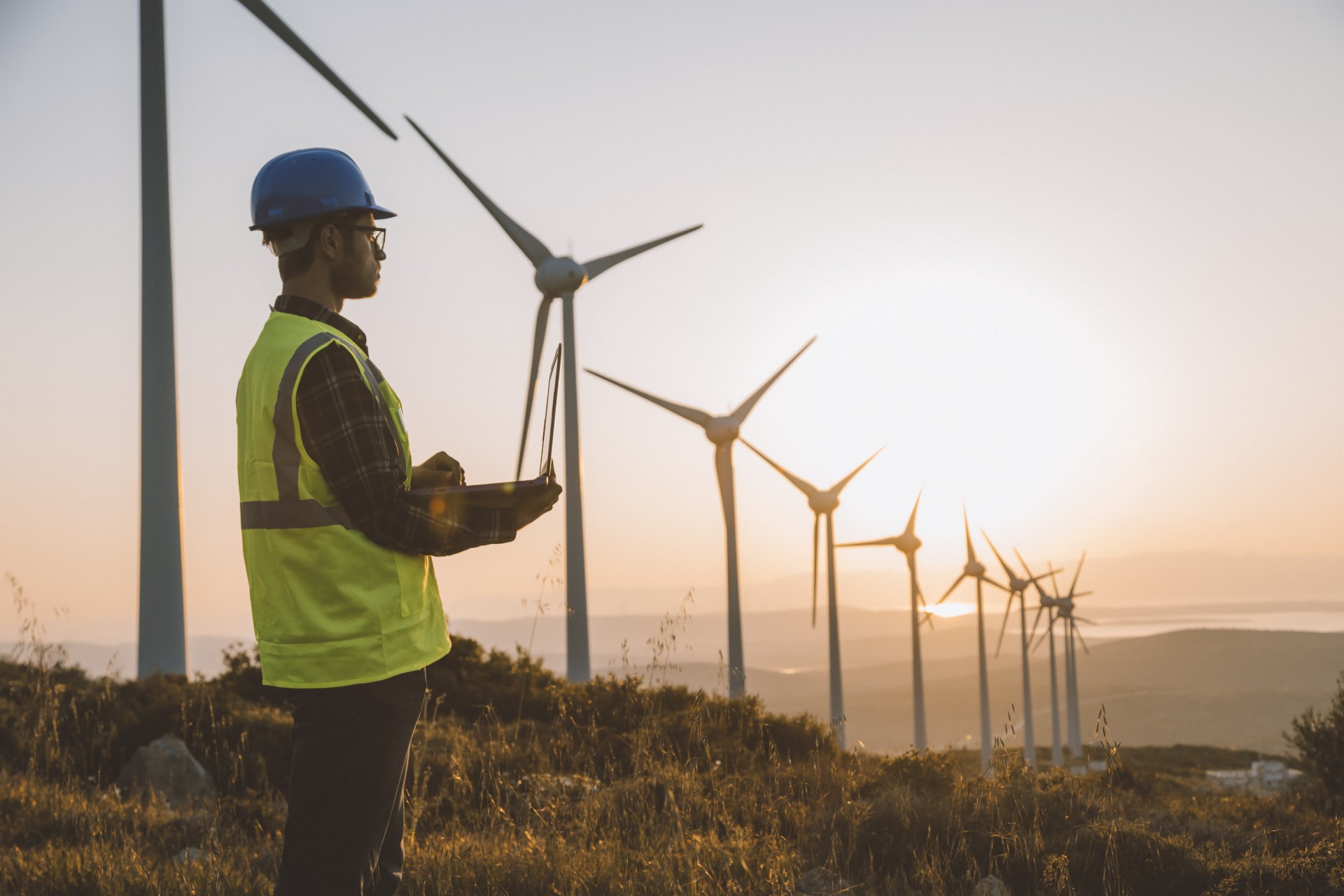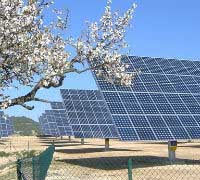Towards a sustainable future: the challenge of energy transition
Energy transition involves decarbonising the economy and committing to renewable energies.
Energy transition has progressed slowly yet steadily over the past five years, but the COVID-19 pandemic has changed things. Fossil fuel prices have fallen, and the markets need to collaborate on a global scale to address the economic crisis. Will the recovery accelerate the pace of energy transition? Which countries are best prepared to address it?
What is energy transition?
The decarbonisation of the world economy is one of the core elements of the 2030 Agenda. Energy transition is the only way forwards if we are to achieve the most ambitious objective set in the Paris Agreement: to limit the temperature increase of the planet to 1.5°C above pre-industrial levels. The IPCC says this is a requirement if we want to reach carbon neutrality by 2050.
But what does this transformation involve? An effective energy transition is a timely shift to a more inclusive, sustainable, affordable and secure energy system that provides solutions to global energy challenges while simultaneously creating value for businesses and society.
No, it's not a simple process. No, neither will it be quick. But it is vital that all countries have long-term visions and objectives that enable them to strike a balance between economic development, access to energy and environmental sustainability.
Where we are and where we're going
The transformation of the energy system over the last decade, although slower than it needed to be, has been unprecedented. Everything that has been achieved so far, however, is at risk of being lost due to the economic and social impact of the COVID-19 crisis. That said, there are many voices assuring us that the energy transition, rather than sinking us, may be the life jacket that keeps us afloat.

The crisis has forced the unthinkable. Society has had to renounce precious commodities and freedoms to collectively address the global outbreak. The only beneficiary of this whole crisis has been the planet. And it may even continue to benefit as we recover. The effort to revive the world economy after the pandemic is being channelled into sustainable growth policies such as the European Green Deal.
The most—and least—prepared countries for the energy transition
There is still a long way to go, but the energy transition is already underway. According to the World Economic Forum, 94 countries have improved their Energy Transition Index (ETI) score since 2015. Those countries account for 70 % of the world's population. This means that more and more governments are joining the green movement and committing to renewable energies.
The results in the 2020 report show that Sweden tops the rankings for the third consecutive year, followed by Switzerland and Finland. The only G20 representatives in the top 10 are France and the United Kingdom. In fact, practically the same countries have occupied the top ten places for six years.
They are nations with robust energy transition roadmaps. The key parameters that the ETI takes into account are environmental sustainability, access to capital, investment in new energy infrastructures and political commitment to energy transition.
On the other hand, the report states that the countries facing the greatest challenges with respect to energy transition are oil exporters—including Nigeria, Mozambique and Venezuela—and those countries heavily dependent on coal, such as South Africa and Mongolia.
There is good news though. The gap between the countries at the top of the list and the rest appears to be narrowing. It is a sign that a global consensus is forming around how to go about this transformation.
The conclusion of the report from the World Economic Forum is that energy transition may represent an opportunity to address the economic and social impact of the COVID-19 crisis. The application of economic stimuli in areas such as the modernisation of energy infrastructure, research and human capital development can lead to long-term sustainable economic growth.
Effort is required on the part of all countries to work as one and create a global energy system that is stable, sustainable and affordable. Committing to energy transition is paramount to take care of the planet and mitigate the effects of climate change.
Sources: World Economic Forum, IRENA







